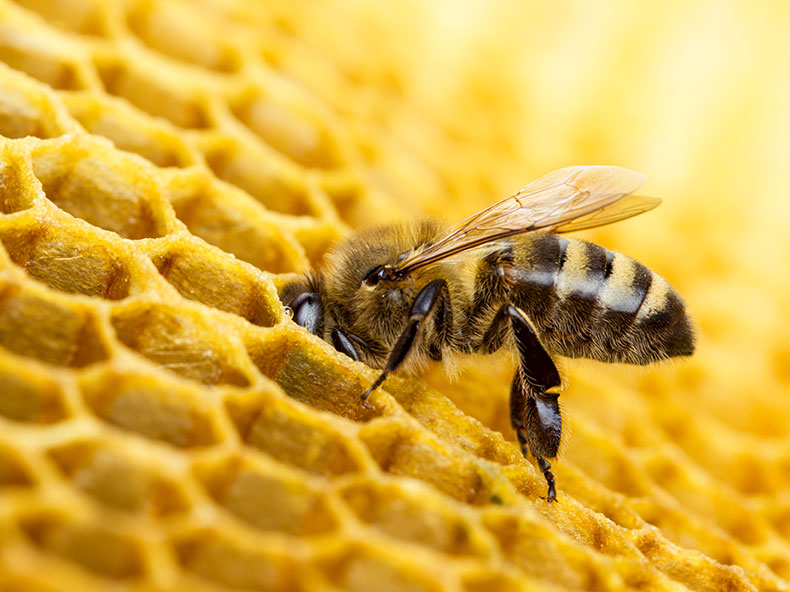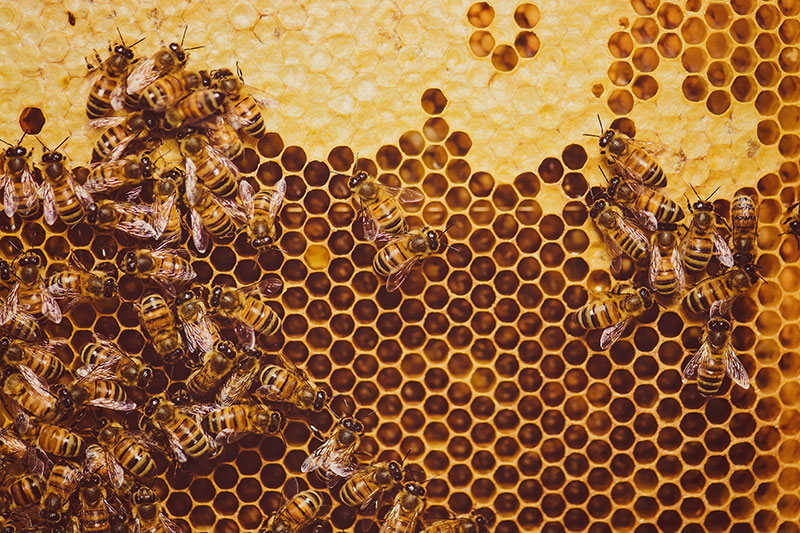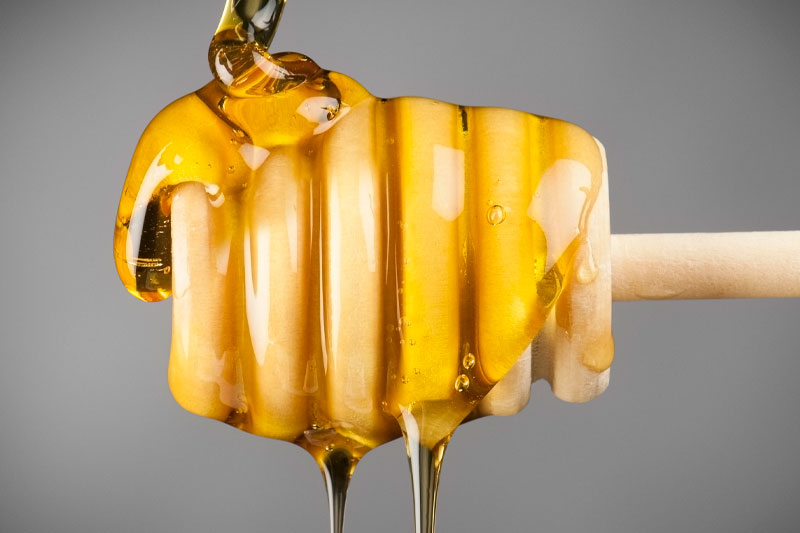Honey Month
11th September 2019
11th September 2019

September is Honey Month and is the time to celebrate the humble honey bee! The Honey bee is the world’s most important pollinator of food crops and it is estimated that one third of the food that we consume daily relies on pollination, mainly by bees.
However, bee numbers are in decline and the dwindling numbers could have a drastic consequence on ecosystems and, consequently, humans.
Studies of United Nations and International Union for Conservation of Nature show that bee populations and the populations of other pollinators have significantly decreased, making them more and more endangered. This is affected by numerous factors which are the consequence of human activity: intensive agriculture, widespread use of pesticides and pollution caused by waste. Their survival and development are also threatened by climate change.
The extinction of bees will not only deprive the world of a species, but it may have drastic consequences for entire ecosystems. The data of the Food and Agriculture Organisation of the United Nations show that bees and other pollinators are priceless when it comes to ensuring the global safety of the food supply chain. Afterall, a third of all food produced in the world depends on pollination.

In addition, agricultural plants which require pollination are an important source of jobs and income for farmers, particularly for small and family farms in developing countries. Finally, bees have an important role in the preservation of the ecological balance and biodiversity in nature. Bees, as good bioindicators of environmental conditions, also inform us that something is happening to the environment and that we must act.*
Prompt protection of bees and other pollinators will significantly contribute to solving problems with global food supply and eliminating hunger. It will also contribute to efforts to halt further loss of biodiversity and degradation of ecosystems.
How can we, as individuals, help save the bees? There are plenty of things we can do to prevent the extinction of these buzzing beauties. These include:
Go wild: Let some of your garden go wild. Bees prefer areas of land that are similar to their natural habitat, ie; a meadow. Think about allowing a section of your outdoor space to go back to its roots. Allow weeds to grow (dandelions and clover are amongst bees’ favourite snacks).
As nature intended: Pesticides contain chemicals that are harmful to wildlife, including bees. Instead, opt for natural bee-friendly alternatives.
Flower power: Plant flowers and herbs that attract bees, such as lavender and mint. It’s also a good idea to leave a shallow dish of water near to these plants so bees can rehydrate.
Shop well: Supporting local producers and growers goes hand in hand with supporting bees. Try to buy local produce – such as at the regular Pantiles’ markets. The more you can support sustainable, earth-friendly agriculture, the better!

The Pantiles Market is held on the first and third weekend of each month and is a great opportunity to buy locally sourced food – including honey, jam and chutney. Be sure to pay us a visit and grab some organic and sustainably sourced sweet and savoury treats that are the bee’s knees!
* Information from The Ministry of Agriculture, Forestry and Food.